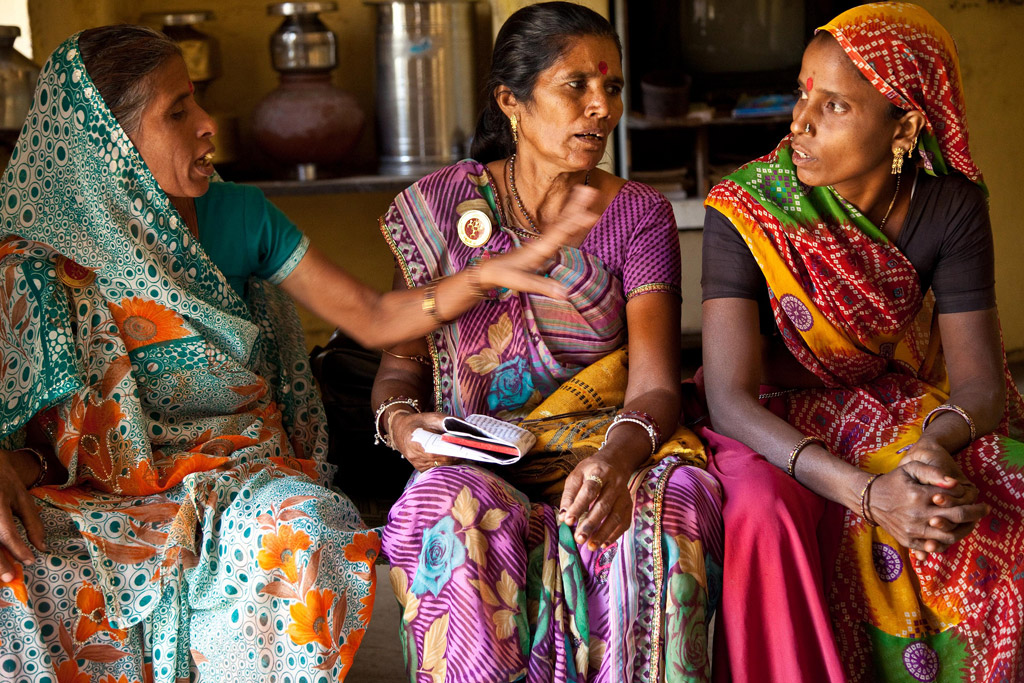
“Development must be built on inclusive policy aligned with people's needs, aspirations – There is one word above all that must guide us on this roadmap to ending poverty, transforming lives and protecting the planet,” Ban told the 2015 United Nations Commission for Social Development , and added: “That word is: dignity.”
Dear Friends and Colleagues,
We at the Division for Social Policy and Development (DSPD) of the United Nations Department of Economic and Social Affairs (UNDESA) would like to express our sincerest appreciation for your continued support of the work of the United Nations toward an inclusive, accessible and sustainable society and the realization of development for all people!
This has been an amazing year in moving towards fostering social development for sustainable development! In September, UN Member States adopted the 2030 Agenda for Sustainable Development which puts people at the centre of development, foster human well-being, prosperity, peace and justice. The 2030 Agenda maps out a path where no one will be left behind in the three dimensions of sustainable development, economic, social and cultural. The Addis Ababa Action Agenda, adopted by the international community in July, includes references to social protection, employment, education, infrastructure, small and medium-sized enterprises, technology and data. The Paris Agreement, adopted in December, was an accord among the nations of the world on how to address climate change and its irreversible consequences.
During 2015, there have been a number of major events organized by DSPD such as the 53rd Session of the Commission for Social Development held in February this year, under the priority theme “Rethinking and strengthening social development in the contemporary world”, the 14th Session of the UN Permanent Forum on Indigenous Peoples held in April, under the theme “Dialogue on an optional protocol to the United Nations Declaration on the Rights of Indigenous People”, the eight session of the Conference of State Parties to the CRPD held in June, under the theme “Mainstreaming the rights of persons with disabilities in the post-2015 development agenda” and the 6th Session of the Open-ended Working Group on Ageing held in July, for the purpose of strengthening the protection of the human rights of older persons. The Conference of States Parties and the Permanent Forum have grown to be two of the largest gatherings of the international community working on disability and indigenous people’s issues.
In collaboration with our partners including civil society, we organized a number of expert group meetings, forums, workshops and side events to address social development in a number of areas including indigenous peoples and agenda 2030, evidence-based policies on youth development, elder abuse, global data revolution on older persons, violence of older women, family policy development, information and communication technologies, disaster risk reduction and accessible and inclusive urban development. We also took part in a number of events related to solidarity economy, accessible tourism and urban development, population and development, cooperative banks, women’s health and development, disability data and statistics, inclusive disaster risk reduction, gender equality, discrimination and innovative technologies.
This year at United Nations Headquarters, we observed a number of international days on issues related to social justice, poverty, families, elder abuse, indigenous peoples, cooperatives, persons with disabilities, autism, older persons, youth and human solidarity. The international days reminded us about the importance of solidarity for the achievement of the international agreements on social development, including programmes of action of international conferences and multilateral accords. We also facilitated the participation of the Youth Delegates at the 70th session of the UN General Assembly who participated at the Third Committee (Social, Humanitarian &ampampampampamp Cultural) and joined the debate on social development. They met with the UN Secretary-General Ban Ki-moon, and attended meetings and informal negotiations.
This year, the UN General Assembly held a high-level meeting on the occasion of the 20th anniversary of the World Summit for Social Development. Speakers emphasized the importance of a human-centred approach to development, many citing examples of goals achieved through successful national policies, while others also mentioned growing challenges to progress. We also launched the campaign “For Inclusion, For Equality, For People” under the umbrella of the UN “2015-Time for Global Action. For People and Planet” to highlight the importance of social development in the achievement of internationally agreed development goals and emphasize the role of social progress in ensuring inclusive and equitable sustainable development.
We made further progress in making the facilities and services of the UN Secretariat accessible for all through the Inter-Departmental Task Force on Accessibility. In 2015, a new symbol of accessibility was designed by the UN Department of Public Information in New York. The “Accessibility logo” symbolizes inclusion and accessibility for people with disabilities, everywhere!
This coming year, we will be working closely with Governments, UN system, civil society, disabled peoples’ organizations (DPOs), indigenous peoples’ organizations (IPOs), academia and other stakeholders in the implementation of an inclusive 2030 Agenda for Sustainable Development. You can check our 2016 calendar of events at: http://bit.ly/undesadspd-calendar.
We look forward to working with you in the coming year, building on the achievements of 2015.
We wish you a happy holiday season and a prosperous New Year!
Division for Social Policy and Development (DSPD)
Department of Economic and Social Affairs (DESA)
United Nations (UN)
 Welcome to the United Nations
Welcome to the United Nations